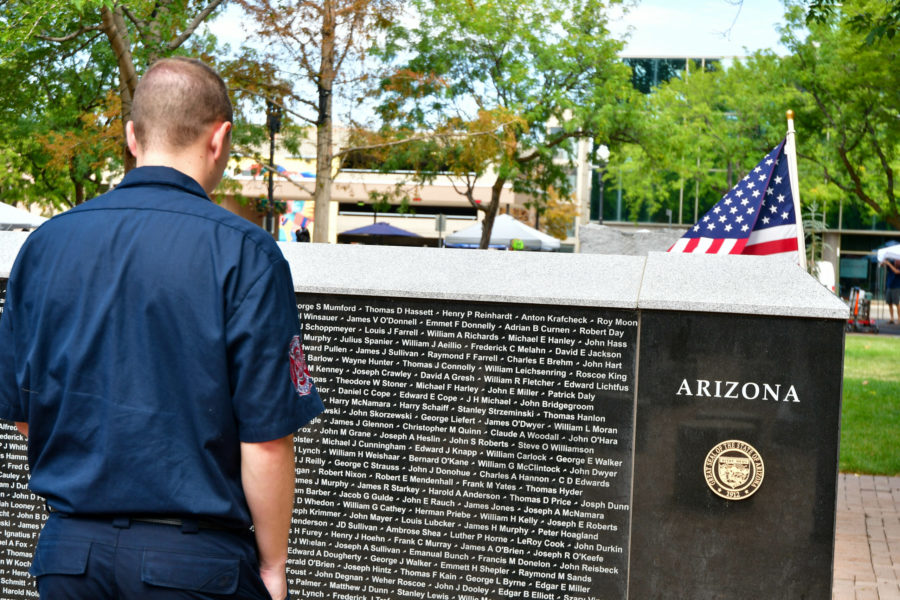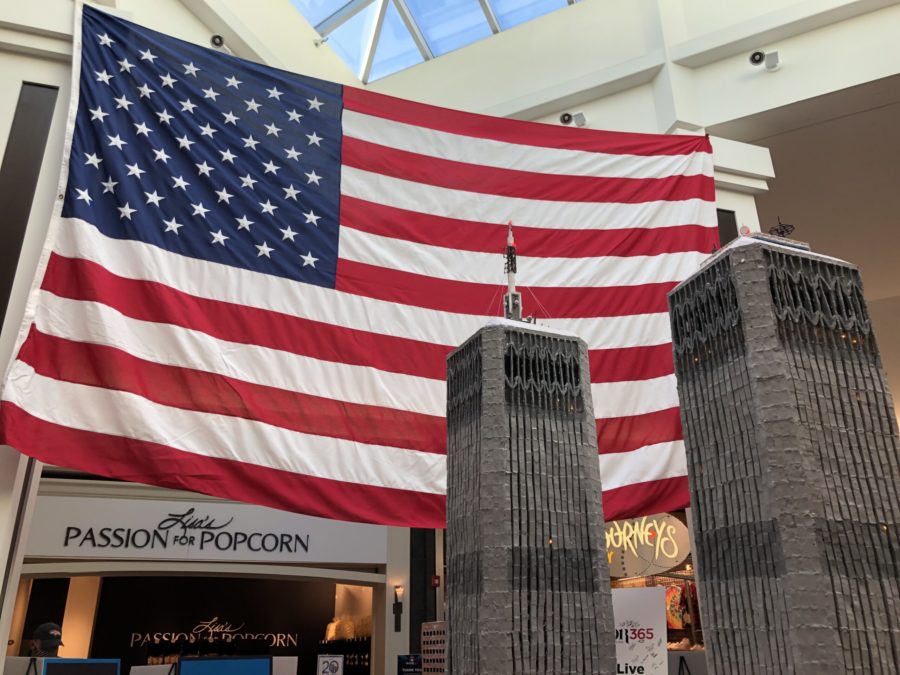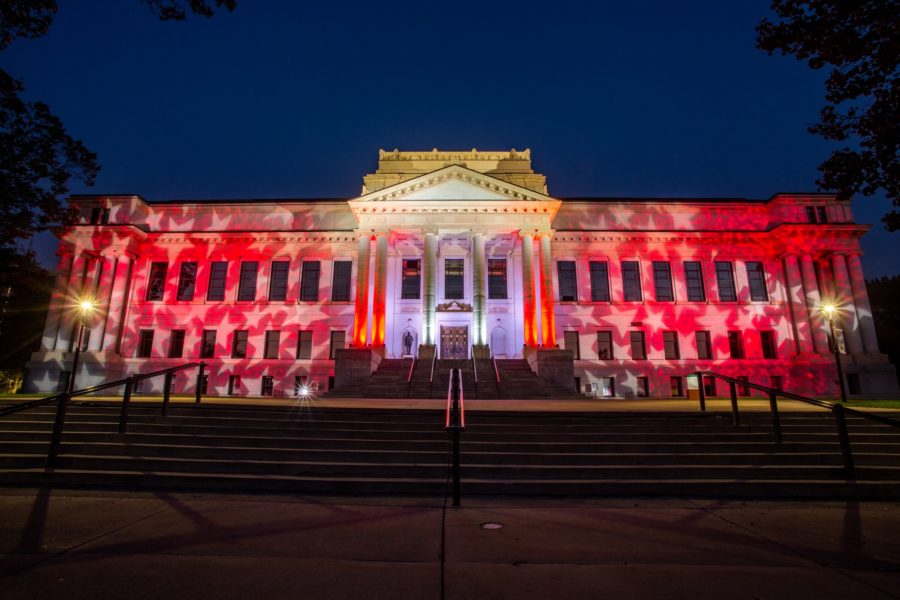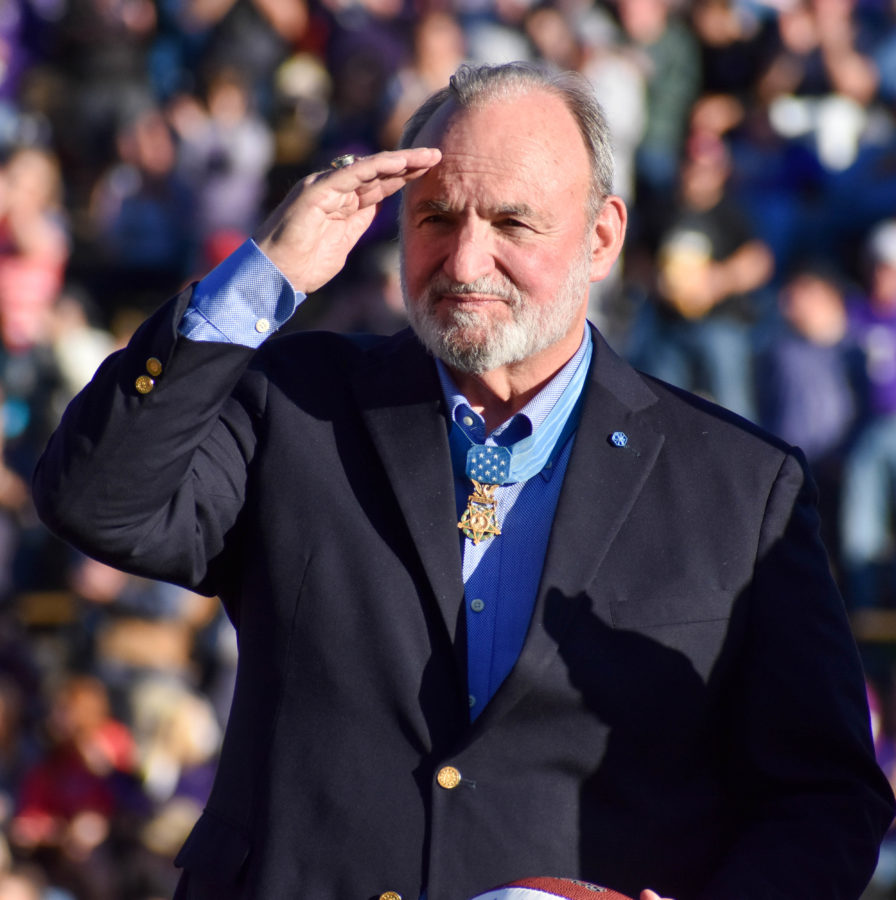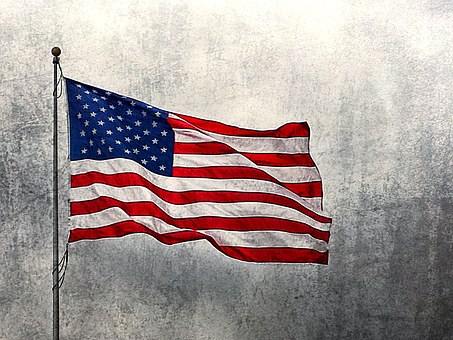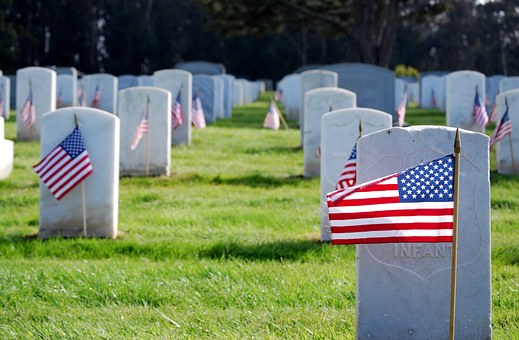For Constitution Week this year, Weber State University provided students, faculty and staff with a panel of student veterans from the United States Armed Services who gathered to tell their tales and motivations for defending the United States Constitution.
“9/11 will always and forever, even after my military career has come to an end, be embedded in the back of my mind,”said Nicholas Nava, an Iraq War veteran, WSU student and panelist. “It is a reminder to me how important my duty as a soldier is and my oath to protect my fellow citizens and the constitution of my government.”
Adam Berman, a member of the Utah National Guard recently returned from the warzone, swore his oath on 9/11. He described this pivotal moment as the moment in which it all became personal for him — his newfound mission to serve.
“When these soldiers, airmen, sailors and marines raise their right hands to swear an oath, they are swearing an oath to serve and defend the Constitution of the United States. Nothing else matters,” said Charlie Chandler, coordinator of Veteran Services at WSU.
Jennifer Carver, the third panelist and a two-time Iraq War veteran who served five years and traveled to 21 countries during her time in the United States Army, said she saw the events of 9/11 as an opportunity to give back to the country. Carver made it clear that her mission, rooted in an understanding of the liberties granted by the Constitution, was to win the hearts and minds of the locals in the nations in which she served.
When asked about the perception of the Constitution overseas, Carver said she was often asked about the First Amendment rights that Americans have, the very ones she was defending. She described the surprised voices she heard from the people she was serving, as it was bizarre for them to think of a place where people could speak freely and openly practice their faith of choice, as well as the other freedoms granted by the First Amendment and the rest of the Constitution.
Unlike in wars past, such as Vietnam, the veterans of this generation are benefiting greatly for their service. Programs such as the Montgomery G.I. Bill or the Yellow Ribbon Program have allowed many veterans to return to school to expand their education and receive further training.
ROTC programs are also regaining prominence on college campuses across the nation. Harvard University recently revoked its anti-ROTC policy in light of President Barack Obama’s repeal of the controversial Don’t Ask, Don’t Tell policy, which prohibited gays, lesbians and bisexuals from openly serving in the military.
Major Peter Walton of the university’s Army ROTC program said that “Weber State is a great climate for Army ROTC” and the university has been more than accommodating to the program and its participants.
Walton also expressed that the program is very grateful for the amount of prior servicemen and women they have in the program. Walton described how the wealth of knowledge coupled with their extensive experience immediately puts them in positions as mentors for ‘traditional’ cadets, those without prior military service experience.
Nava said his “plans are not only to pursue a degree to further a possible civilian career, but to obtain an Army officer commission through the Army ROTC program here at the university.”
He said one of his goals after he completes his time at WSU is to “return to the battlefields of Afghanistan very soon as an officer and lead my fellow soldiers to complete the missions that are given to us, in order to defeat our country’s enemies.”
WSU’s ROTC programs provide an opportunity for veterans and non-veterans to learn the necessary skills to lead soldiers as officers in the military, and typically offer generous scholarships to offset the cost of attendance.














